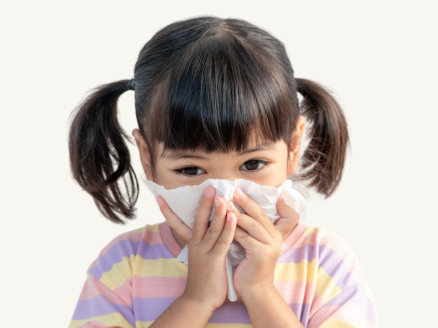Nosebleeds can be an alarming and uncomfortable experience, leaving people wondering about the underlying causes. There are several common factors that can contribute to a nosebleed, including allergies!
Allergies, particularly seasonal allergies, can cause inflammation and irritation in the nasal passages. This inflammation weakens the blood vessels lining the nose, making them more susceptible to rupture and can result in nosebleeds. Constant nose blowing can also cause nosebleeds.
Prevention and Management
To reduce the risk of nosebleeds associated with allergies, patients can manage allergy symptoms.
- Seek medical treatment, such as antihistamines or nasal sprays, to control inflammation and reduce congestion.
- Use saline sprays or humidifiers to help alleviate dryness and prevent nosebleeds.
Seek Professional Advice
If nosebleeds occur frequently or are severe, it is essential to consult with an ENTA specialist who can evaluate the underlying cause and provide appropriate treatment recommendations.


[2].png)